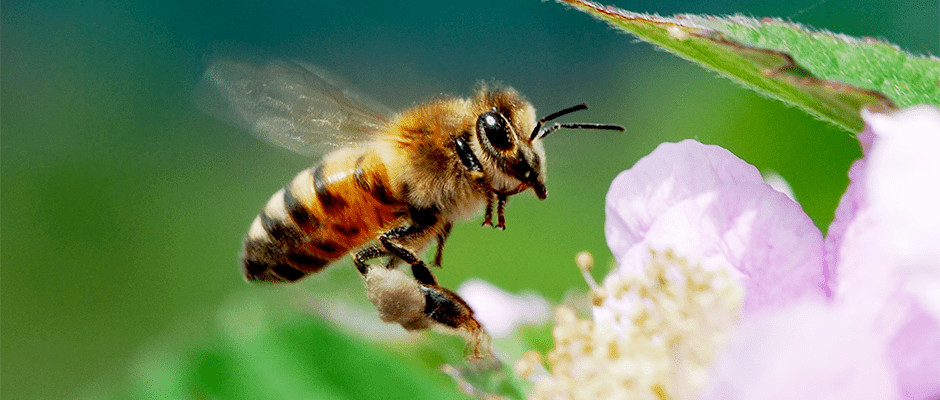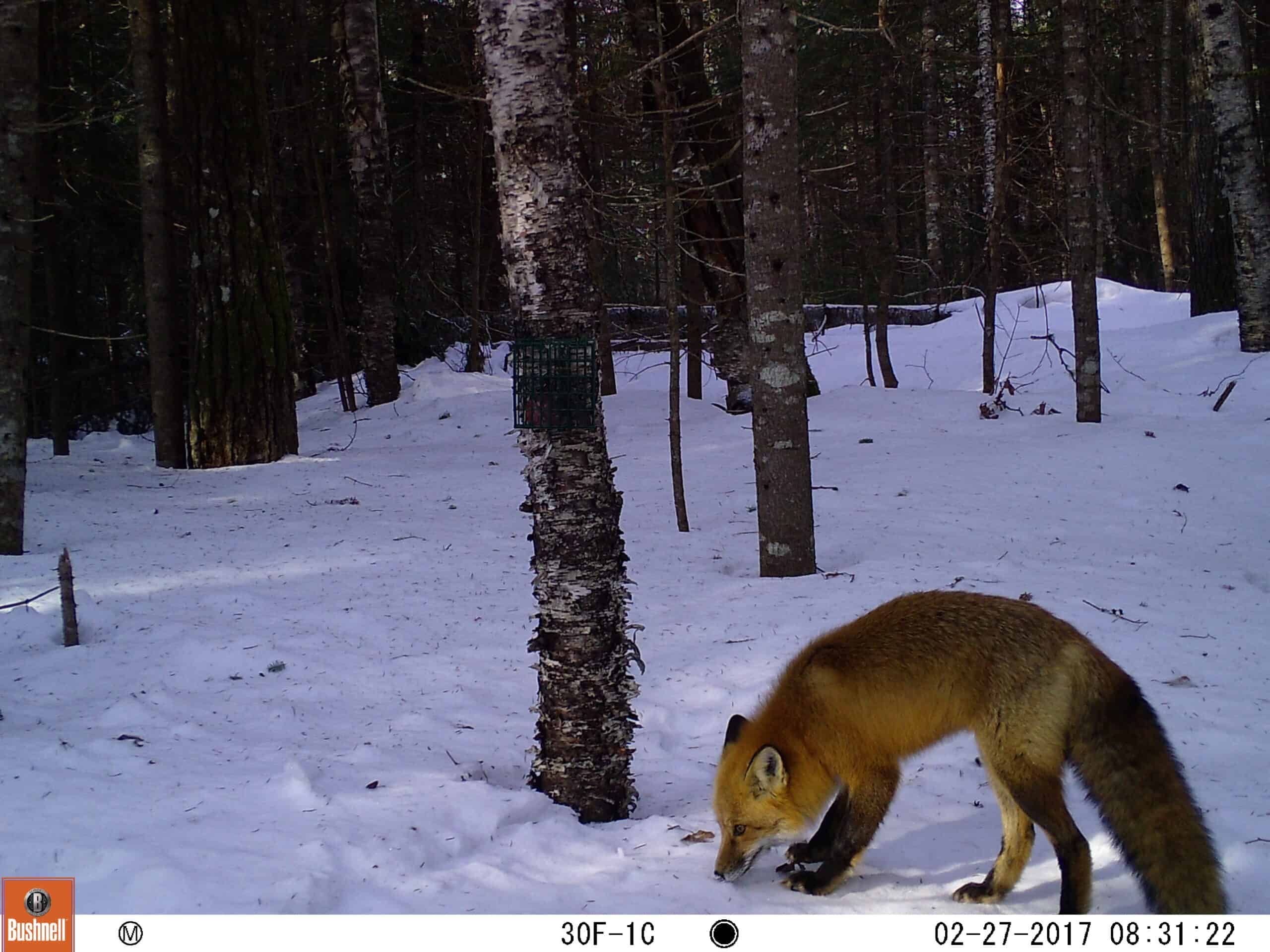Share this article
Bayer Bee Care and TWS partner to improve bee health
When Daymond Hughes was around 10 years old, he started beekeeping alongside his grandfather, a hobby that would continue to interest him years later.
That passion continued through college, but his personal and professional life eventually got in the way. Then about five years ago, Hughes, a wildlife biologist with USDA APHIS Wildlife Services and a TWS member, decided to take up the hobby again in an effort to help conserve the important pollinators. Now, he manages eight hives.
“When I was growing up, most days you would just let them do their thing,” Hughes said. “But this has changed quite a bit over the past 30 years. There’s much more management as opposed to just keeping bees, as the name suggests.”
That is because of an increase in issues facing bees over the past few decades, among them pests, pathogens, improper pesticide use and poor nutrition.
These increasing challenges are why TWS and Bayer Bee Care formed a partnership to promote pollinator health. As part of this partnership, TWS joined Bayer’s “Feed a Bee” initiative, involving 127 partners dedicated to creating foraging areas with bee-attractant plants.
“The importance of a partnership with The Wildlife Society is that it brings us into a different demographic of people to share with,” said Becky Langer-Curry, the project manager for North American Bee Health and Broad Acre Food Chain. “We want to get the information out as far and as wide as we can, because it will take many stakeholders from different areas working together to be successful.”
TWS member and assistant professor of entomology at Texas Tech University Scott Longing is also conducting research with the help of Bayer Bee Care and the Feed a Bee initiative. In the fall of 2016, Texas Tech and Longing partnered with TWS and the Bayer Feed a Bee program to conduct a pollinator planting event, part of a national planting tour.
Now, Longing has implemented research plots close to the university due to the donations of seeds from the Feed a Bee program. The national planting event also helped establish some permanent pollinator plots for Longing and his graduate students to conduct research on.
In one study, graduate students are looking at foraging habitat in native grass fields versus wildflower meadows that they overseeded, without native grasses. “I think these plots are going to be around for a while,” Longing said. “Ten years from now, we’ll be able to attribute studies to TWS and the Feed a Bee program.”
Another project includes an attractiveness trial of 30 different plants and assessing which plants attract the most diverse communities of pollinators. “We have a maintenance plan down in the fields now,” he said. “We expect to study them and really learn what we can do out here in the high plains to improve pollinator habitat.”
In addition to Feed a Bee, Bayer Bee Care is conducting research focused on bee health and beehive management. With respect to bee health, the Varroa mite is particularly devastating to honey bee colonies and can quickly develop resistance to existing miticides. Bayer is actively assessing the efficacy of existing miticides while continuing to search for new compounds that may aid in the control of Varroa mites.
In hive management, Bayer has a project pairing citizen science with smart hive technology. “Smart hive technology can measure a hive’s weight and even report hive humidity, temperature and acoustics to smart phones, tablets or computers aiding beekeepers in tracking what’s happening in their hives,” Langer-Curry said.
“Our goals are to focus on the science, solutions and stewardship of pollinator health,” she said.
Meanwhile, Hughes continues to keep up with his hives, taking his 8- and 13-year-old daughters along to see his hives. Hughes said it appears the industry as a whole hasn’t seen the losses this year as they have in past years, giving him hope that some of the challenges facing bees may be waning.
“It’s relaxing to me,” he said. “Some people do it just for the honey or just for the pollination. Some do it just because it’s just the neat thing to do now.”
Hughes said he does it for both honey and pollination, but also because he realizes the need to conserve this important pollinator.
Header Image: A honeybee (Aphis mellifera) visits a flower. Bees face a variety of threats, among them pests, pathogens, poor nutrition and improper pesticide use. ©John Baker








